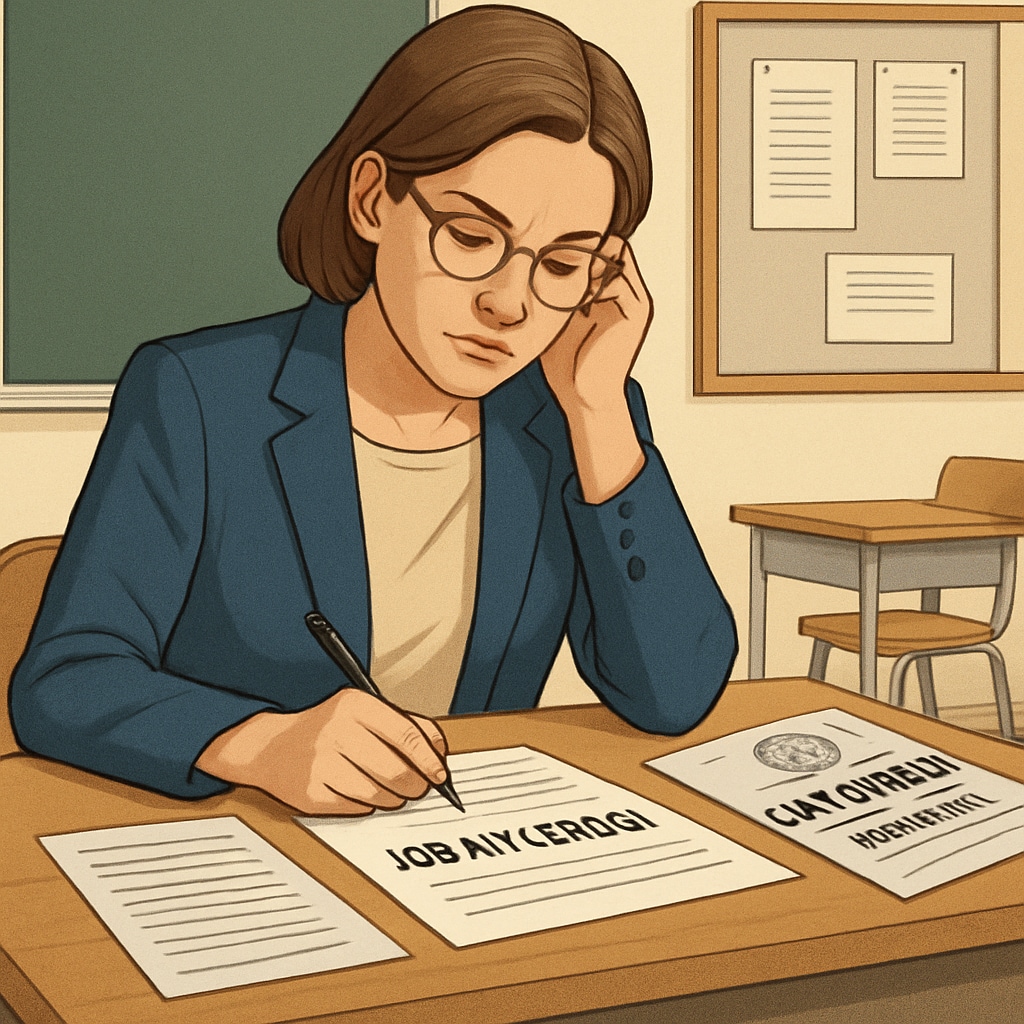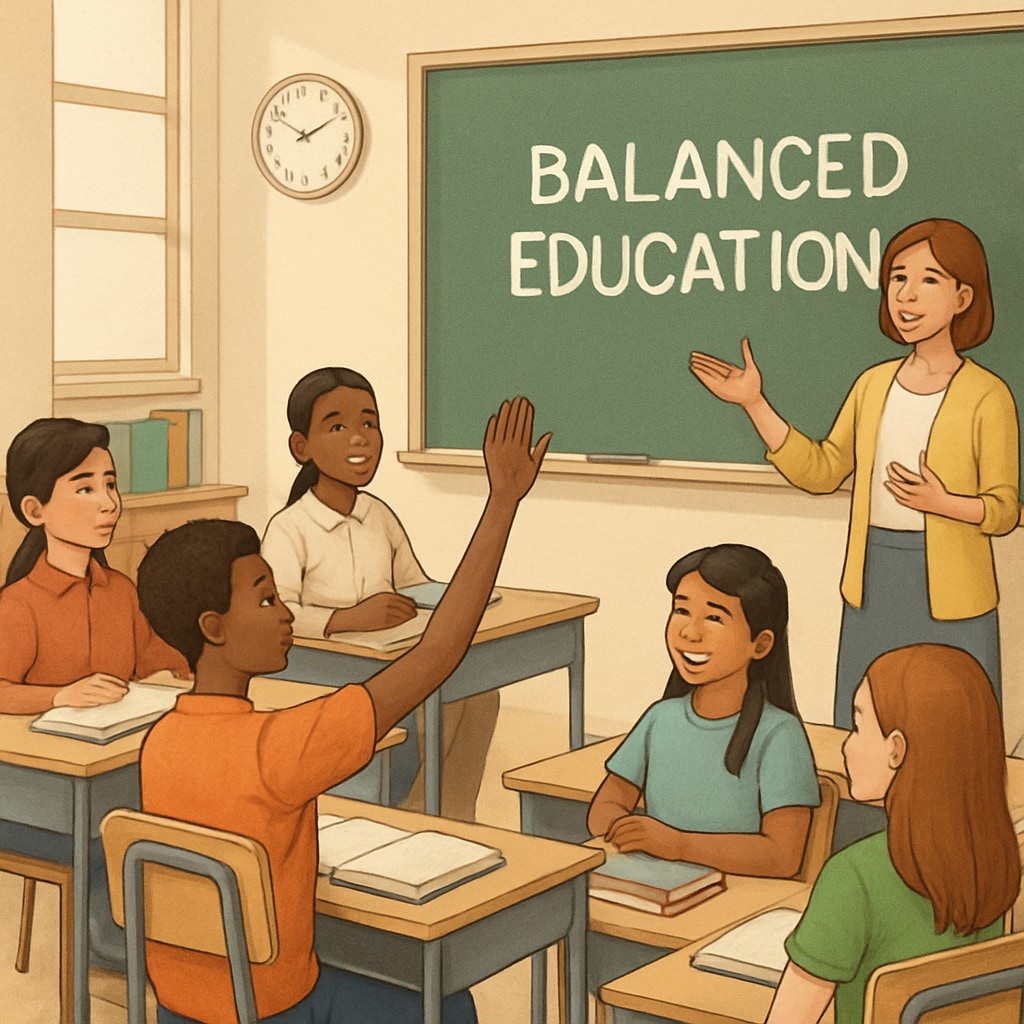The process of teacher applications in Oklahoma has recently undergone a controversial shift with the introduction of political ideology screening. This development has raised widespread concerns about its impact on education neutrality and the representation of diverse perspectives in classrooms. As Oklahoma grapples with this new policy, educators and policymakers are debating whether such measures will enhance or hinder the quality of education.

The Intersection of Politics and Education
The move by Oklahoma to include political ideology tests in teacher applications has drawn attention to the delicate balance between education and politics. Historically, the teaching profession has been guided by principles of neutrality and inclusivity. However, with this new policy, questions arise about whether teachers are being evaluated more for their qualifications or their political beliefs.
For example, the policy reportedly involves asking applicants about their views on controversial issues, which some argue could lead to biased hiring practices. Critics fear this may discourage highly qualified educators from applying, particularly those whose political views do not align with the prevailing ideologies of the state.
Implications for Educational Neutrality
Education, at its core, is meant to empower students with critical thinking skills and expose them to diverse ideologies. By introducing political filters into the teacher hiring process, Oklahoma risks undermining the principle of educational neutrality.
This policy could create a homogenized workforce where only educators with acceptable political views are allowed to teach, potentially depriving students of exposure to a broad spectrum of ideas. As a result, some experts believe this could lead to intellectual stagnation, limiting the development of well-rounded, critically thinking individuals.
Furthermore, this move may set a precedent for other states, potentially turning public education into a battleground for ideological conformity. Academic freedom, a cornerstone of effective education, could be jeopardized if teachers feel they must tread carefully around certain topics to avoid scrutiny.

Balancing Ideological Concerns and Professional Standards
While the policy has faced criticism, proponents argue it is necessary to ensure that teachers uphold community values and do not promote divisive ideologies in classrooms. They contend that schools have a responsibility to reflect the cultural and moral standards of their communities.
However, achieving this balance is no easy task. Education experts suggest that instead of focusing on political ideology, hiring practices should emphasize professional qualifications, teaching methods, and the ability to foster an inclusive learning environment. For instance, conducting blind evaluations that focus on teaching competencies rather than personal beliefs could help maintain fairness while ensuring high standards.
Other solutions might involve enhanced teacher training programs that address how to navigate controversial topics in a balanced and respectful manner. By equipping educators with the tools to approach sensitive issues, schools can foster intellectual diversity without compromising community values.
The Broader Impact on Teacher Recruitment
The introduction of political ideology tests may also have unintended consequences for teacher recruitment. Amid a national teacher shortage, policies perceived as exclusionary could deter potential candidates from considering teaching positions in Oklahoma, further exacerbating staffing issues.
Moreover, such policies could create a chilling effect, where teachers within the system feel pressured to self-censor or avoid discussing important but contentious topics. This could ultimately impact the quality of education students receive, as teachers may shy away from fostering open, critical discussions.
As highlighted by the First Amendment, the right to freedom of speech and thought is a fundamental principle in American society. Critics of Oklahoma’s policy argue that introducing ideological filters in education undermines these freedoms, turning classrooms into spaces of conformity rather than exploration.
Readability guidance: Short paragraphs and lists summarize key points effectively; transitions like “however” and “for example” ensure smooth readability. The use of active voice keeps the text engaging while minimizing the proportion of passive sentences.


